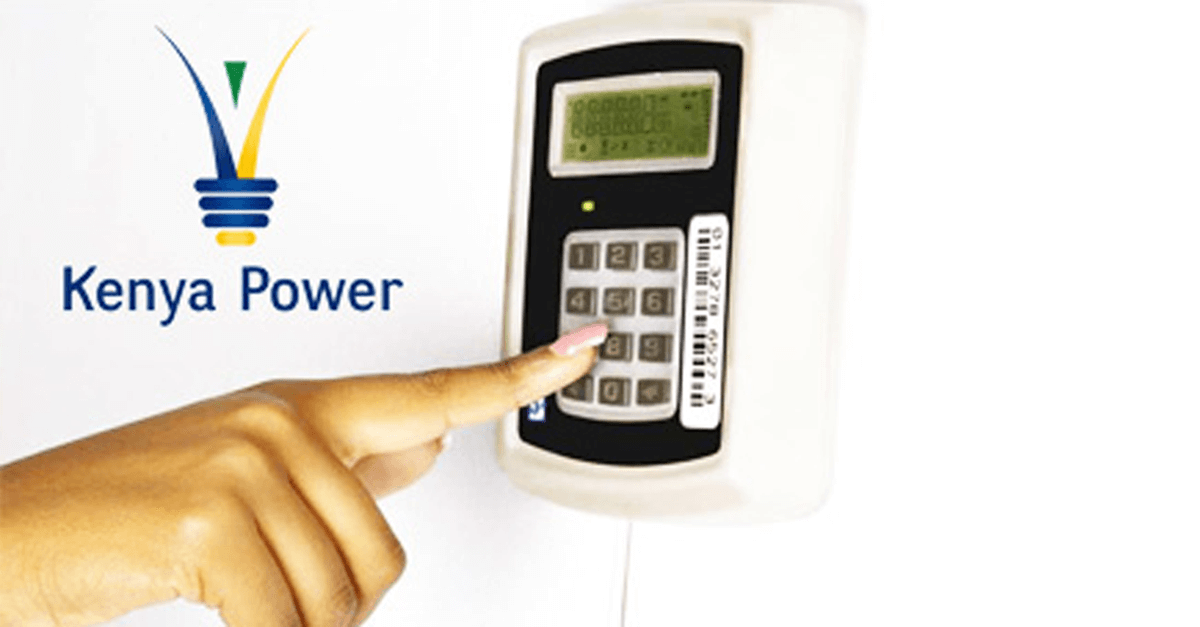Guest Opinion By Kariuki gathuitu
Kenya Power has done an awesome job. In the last five years, it has more than doubled the number of people connected to power than since independence. Its deliberate focus on the urban low income and the rural areas is especially noteworthy. It has made people who could only dream of being connected suddenly have electricity n their homes. In the process it turned illegal power connections into safe, paying customers. That must have required a change of mind set and skills. Not to mention massive investments.
That said, the importance of Kenya power cannot be overemphasised. As the current sole power distributor, its central to achieving vision 2030. The blueprint is hinged on availability of power to all both industries and domestic customers, in an affordable way. As the phases of Last mile connectivity projects get successfully concluded, the number of domestic customers can only increase. The good news is that over 65% of these clients are now on prepaid meters so the risk of bad debts is minimised.
How Kenya Power would do well to treat these new clients with sensitivity. For these clients were formerly using firewood ad kerosene while others were illegally tapping electricity. As such the prepaid electricity came as a pleasant surprise not really planned or budgeted for, and they are just getting used to it.
For them to continue using electricity, the prepaid tokens should not be fluctuating very wildly. For instance a hundred shillings should not get you 8 units now and 4 units next month or the next time you top up. This will help in planning, considering that they are very sensitive to price changes.
This should not be difficult since the country has invested a lot in renewable energy and such sources now form a significant portion of our energy mix.
Majority of these clients will not speak up or protest when the tokens purchased do not meet expectations. Instead they will just revert to the former way of life. This will lead to unpaid monthly charge, while destroying our forests etc. This will erode the gains that we have made in the recent past.
The loans paid per month by standing charge should also have some sort of a statement even if yearly. This will increase accountability and convince clients that they will not be repaying forever. In our country where majority of people are in informal employment, access to power boosts productivity and has a positive spill over effect. Conversely, disruption of the power due to unaffordability will impact negatively on our economy.
Coupled with the government plans to promote gas usage for cooking, the Last Mile connectivity project is really changing the livelihood of the low income earners. For viability, let the price of electricity be reasonably priced, and minimise price swings. The vision of universal access to power by the year 2020 is indeed achievable. Let’s make it sustainable.
(Disclaimer: The opinions expressed in this article are the author’s own and do not reflect the view of the Kenyan Wallstreet)



